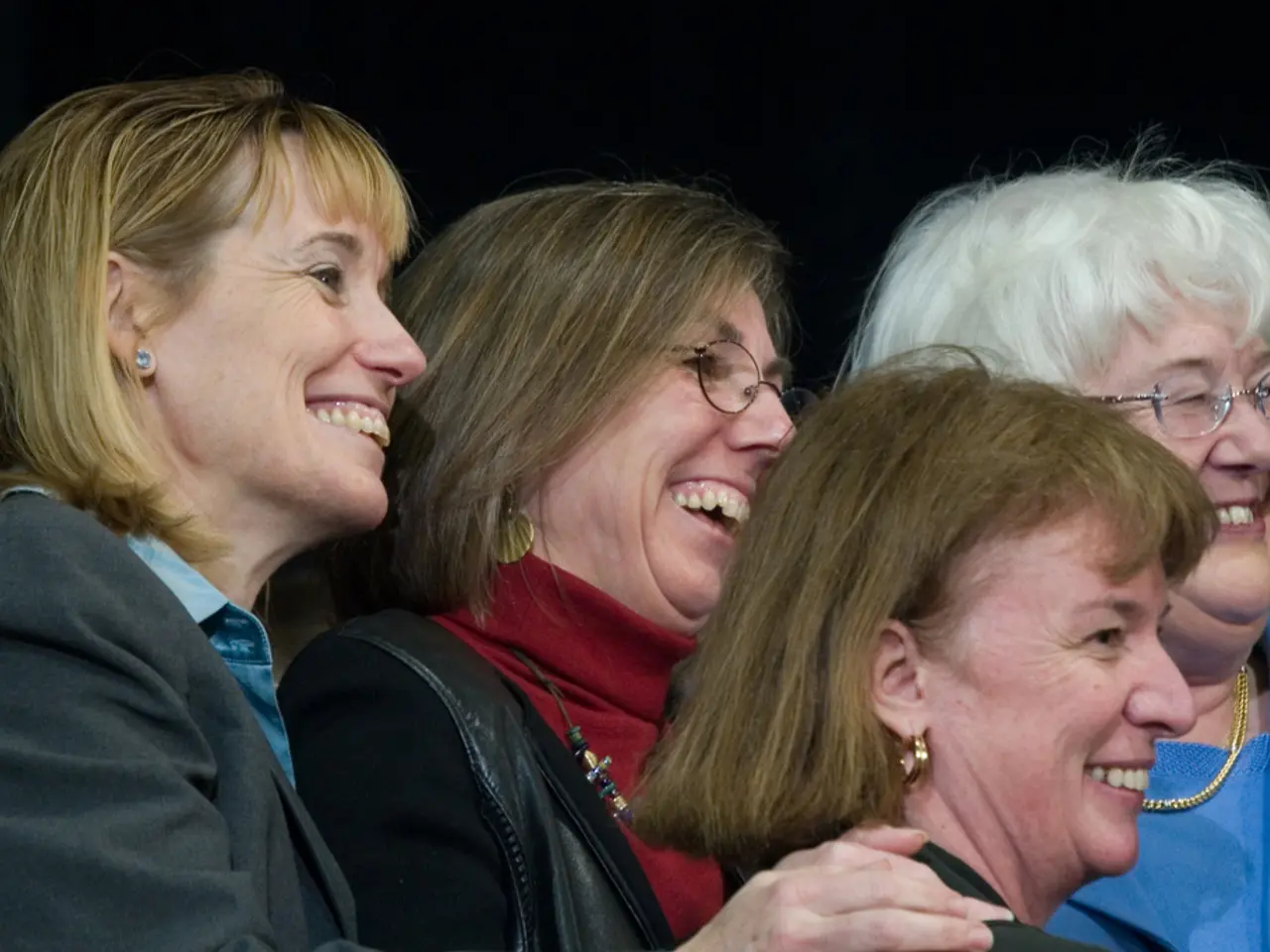Personal Update #1: Are Your Previous Social Interaction Habits Still Meeting Your Current Needs?
In today's ever-changing social landscape, it's crucial to evaluate whether the social behaviors we've learned in our formative years continue to serve us well in adulthood. This is the focus of the inaugural installment of Social Briefings, a series of bi-monthly dispatches offering practical tips for improving social skills.
Many of our social behaviors are learned during our youth, often influenced by the unique circumstances of that time. For instance, being the class clown, adopting a Goth or super-serious-philosophical personality, or always waiting for others to make the first move due to popularity are examples of learned social behaviors. However, these ingrained behaviors may not work effectively in new situations with new acquaintances, potential romantic partners, and possible customers.
For example, the manic class clown energy may read as too hyper and prevent people from connecting on a deeper level. Similarly, a penchant for skipping small talk to jump right into serious discussions might be perceived as pretentious and off-puttingly awkward by others. These behaviors may have worked in the past but may need re-evaluation as an adult.
Changes in social contexts, personal growth and development, and the demands of different types of relationships are all reasons to reassess our old social behavior patterns. To evaluate the effectiveness of these patterns, we can engage in self-reflection, seek feedback from trusted friends or colleagues, understand current social expectations, adopt new skills such as active listening and empathy, and engage in social activities and role-playing.
In some cases, seeking professional guidance may be necessary. Cognitive Behavioral Therapy (CBT) or other forms of therapy can help address specific social challenges and develop personalized strategies.
In our next Social Briefing, we'll delve deeper into the nature of the gaps in perception that can arise between our self-perception and others' perceptions, and how to bridge these gaps for more successful social interactions.
Stay tuned for Social Briefing #2: Do Others See You Differently Than You See Yourself? and other insightful dispatches in the series.
- Evaluating social behaviors learned during youth is essential to determine if they are still productive in adulthood, as new situations with new relationships and career opportunities may require new styles of engagement.
- For example, a fun-loving and loud personality, effective in school social circles, might not generate the same positive response in a professional setting or a romantic relationship.
- To reassess and adjust old social behavior patterns, one can practice self-reflection, solicit feedback from trusted individuals, educate oneself on current social expectations, develop new skills such as active listening and empathy, and engage in various social activities to test the effectiveness of these new techniques.
- If you face specific social challenges, seeking professional guidance through therapy, such as Cognitive Behavioral Therapy (CBT), may help you devise personalized strategies to excel in different types of relationships and improve your personal growth and lifestyle.




